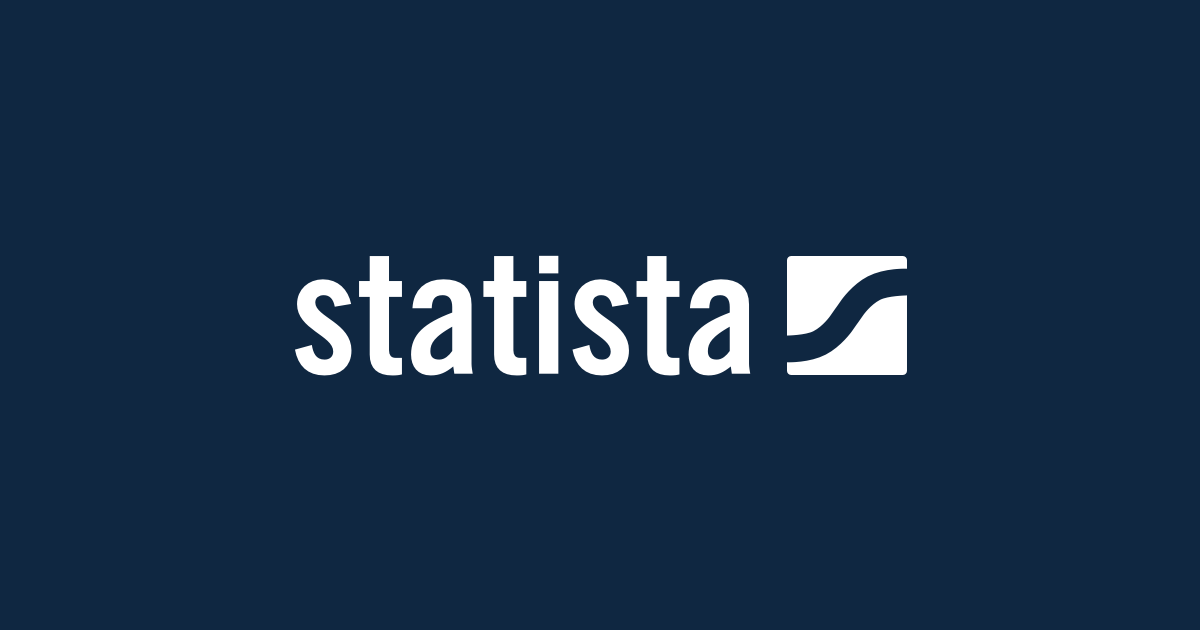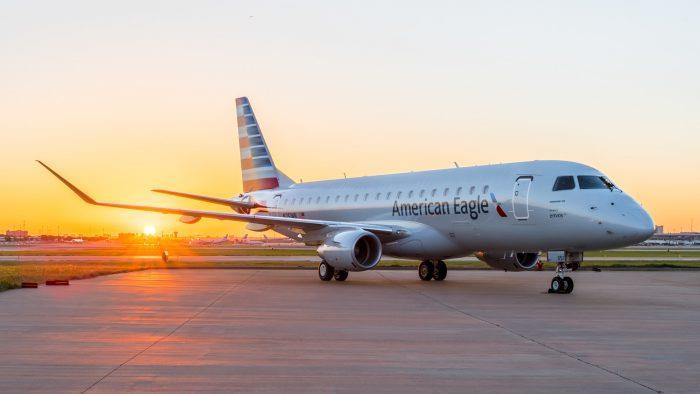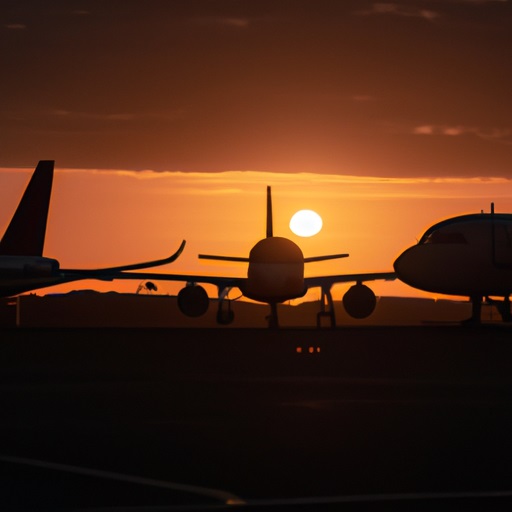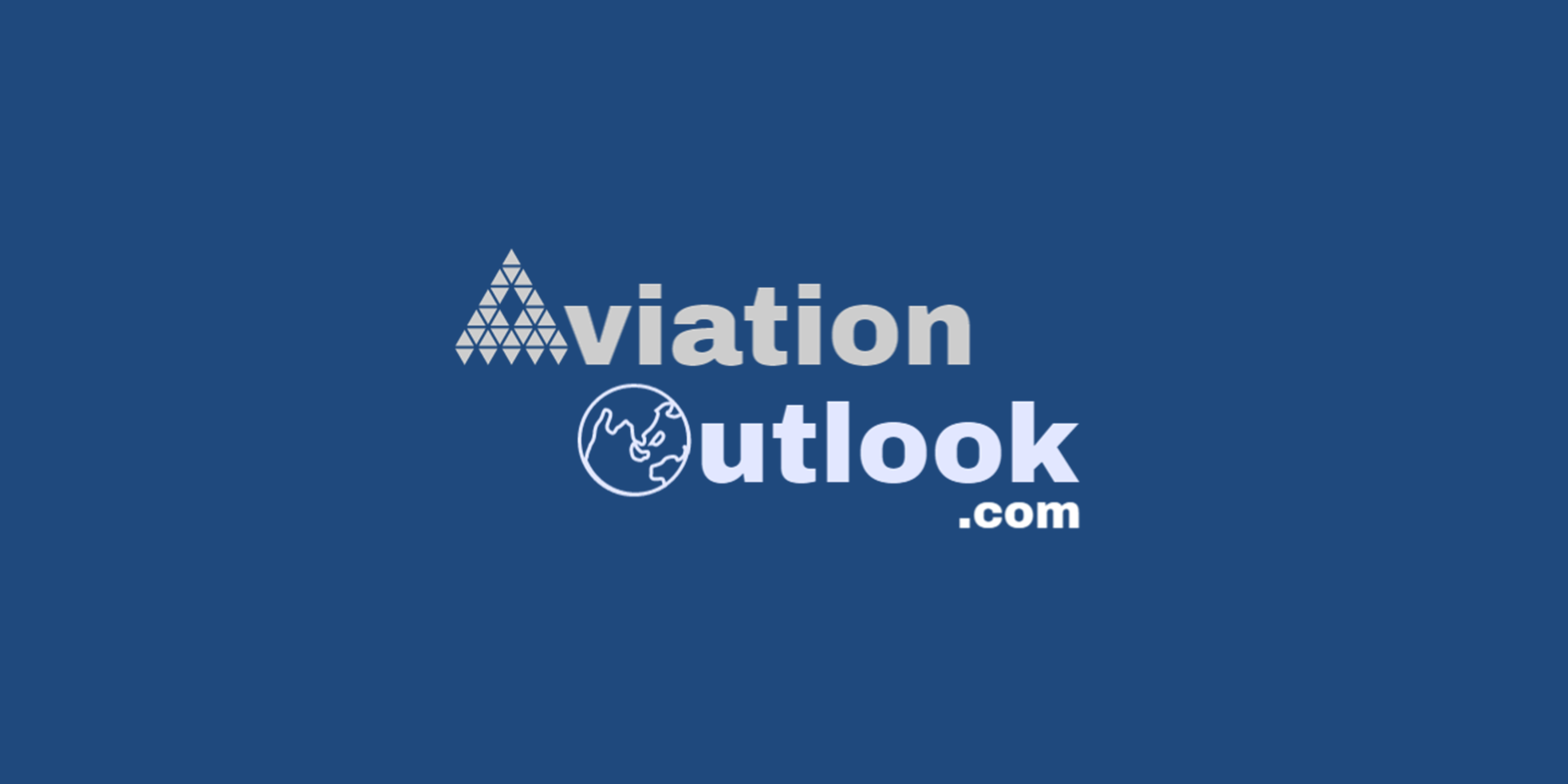
Why Do Major Airlines Outsource Flights To Regional Airlines?
In the ever-evolving world of commercial aviation, major airlines and regional carriers often collaborate to provide seamless travel experiences for passengers.
This article delves into the reasons why major airlines outsource flights to regional airlines, exploring cost savings, market access, operational efficiency, and more.
Cost savings and profitability
One of the primary reasons major airlines partner with regional carriers is cost savings. Operating smaller aircraft on short-haul routes allows regional airlines to offer lower operating costs compared to their larger counterparts. With less overhead, regional carriers can provide services at competitive rates, which, in turn, benefits the major airlines.
For example, United Airlines outsources flights to regional partners like SkyWest and Mesa Airlines under the United Express brand. These partnerships enable United Airlines to offer flights to smaller markets while maintaining cost efficiency and profitability.
Access to niche markets and increased connectivity
Major airlines often rely on regional carriers to serve smaller, less-traveled markets that may not be viable for larger aircraft. By outsourcing flights to regional airlines, they can reach a wider range of destinations, offering more comprehensive service to their passengers.
By collaborating with regional airlines, major carriers can provide more frequent flights to smaller markets, improving the overall customer experience and increasing the attractiveness of their network.
Take the relationship between American Airlines and its regional subsidiary, American Eagle, as an example. American Eagle is a network of 7 regional carriers that serves more than 240 destinations, many of which are smaller, niche markets that may not be feasible for American Airlines’ mainline aircraft.
This partnership allows American Airlines to cater to passengers in these smaller markets without incurring excessive operational costs.
Fleet optimization and operational efficiency
Outsourcing flights to regional airlines allows major carriers to optimize their fleets, focusing on aircraft better suited to serve their long-haul and high-demand routes. Regional carriers, on the other hand, operate smaller, more fuel-efficient planes designed for short-haul routes.
This symbiotic relationship improves operational efficiency for both the major and regional airlines.
For instance, Delta Air Lines partners with regional carriers like Endeavor Air and Republic Airways, operating under the Delta Connection brand. This partnership allows Delta to use its larger aircraft on popular, long-haul routes, while the regional carriers efficiently serve short-haul, low-demand routes.
Seamless passenger experience
Major carriers can offer a consistent and seamless passenger experience across their networks by outsourcing flights to regional airlines.
Regional carriers often operate under a major airline’s brand, adopting the same livery, inflight amenities, and loyalty programs. This approach ensures that passengers have a consistent experience, whether flying on a major airline’s mainline aircraft or a regional partner.
For example, Alaska Airlines partners with Horizon Air and SkyWest, operating under the Alaska Horizon and Alaska SkyWest brands. Passengers on these regional flights can expect the same level of service and amenities as on Alaska Airlines’ mainline flights, including access to the airline’s Mileage Plan loyalty program.
Improved customer loyalty and retention
Collaborating with regional airlines enables major carriers to strengthen customer loyalty and retention by offering a broader range of destinations and more convenient travel options. as mentioned earlier, as regional carriers often participate in the major airlines’ loyalty programs, passengers can earn and redeem miles or points across the entire network, adding value to their frequent flyer membership.
Qantas, Australia’s largest airline, maintains a partnership with regional carrier QantasLink. This partnership allows Qantas Frequent Flyer members to earn and redeem points on both mainline and regional flights, enhancing customer loyalty and retention for the Qantas brand.
Reduced regulatory burden
Outsourcing flights to regional airlines can also help major carriers reduce their regulatory burden. Regional carriers often operate under separate operating certificates, which may allow for more flexibility in navigating complex regulatory environments and adhering to different requirements.
This division of regulatory responsibility can result in a more streamlined operation for both the major airline and its regional partner.
For example, Lufthansa, a German-based major airline, has Lufthansa CityLine, a wholly owned subsidiary of Lufthansa which operates domestic and European routes as a member of Lufthansa Regional.
The regional subsidiary handles specific regulatory requirements related to its local markets, freeing Lufthansa from navigating the complexities of multiple regulatory jurisdictions.
Conclusion
Thus, major airlines outsource flights to regional airlines for a variety of reasons, including cost savings, market access, operational efficiency, seamless passenger experience, capacity management, reduced regulatory burden, increased connectivity, and improved customer loyalty.
These partnerships enable major airlines to provide comprehensive services to passengers while maintaining profitability and competitiveness in the ever-changing aviation landscape.
Regional airlines, in turn, benefit from the support and resources provided by their major airline partners, contributing to a mutually beneficial relationship that enhances the overall travel experience for passengers worldwide.






